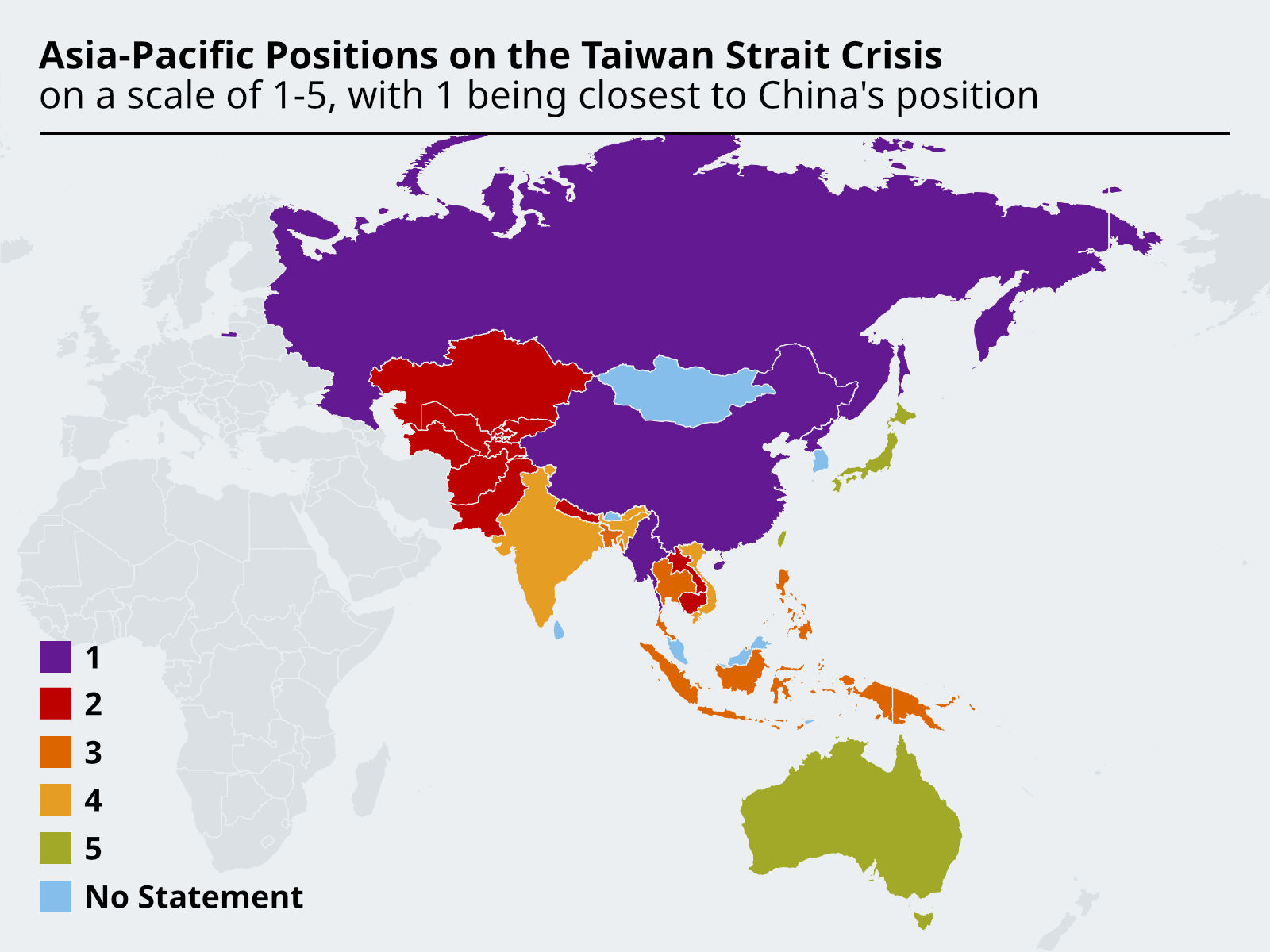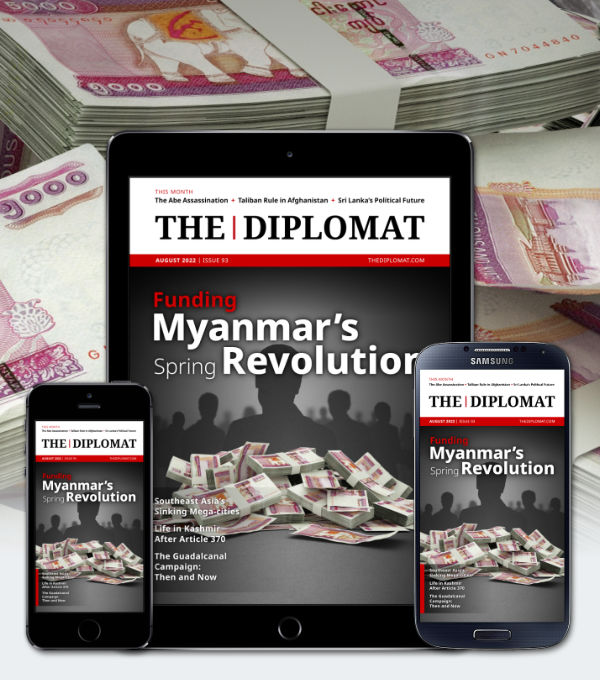| Welcome to the latest issue of Diplomat Brief. This week our top story explores the life of burakumin, an underprivileged group that has long faced deep discrimination in Japan. We also have an interview with Ali Wyne, author of the book “America’s Great-Power Opportunity,” about the role of great power competition in U.S. foreign policy. |
| Story of the week |  | Society Japan’s Outsider CasteWhat Happened: For hundreds of years, burakumin have been the subject of discrimination in Japan. The bias was originally based on employment: “The discrimination started as a form of barrier that ‘regular’ citizens put up to distance themselves from employments deemed unclean: killing animals to make leather, but mostly the dirtiest of all jobs, executioners,” Yamauchi, a Kyoto-based historian, tells The Diplomat. That prejudice became a self-fulfilling prophecy, as burakumin were denied opportunities in other areas. Our Focus: Many non-burakumin see discrimination against the group as a thing of the past. Yet others still see prevalent bias: “I have friends from the Rakuchu area in the north part of Kyoto who told me that they would never even come near Sujin,” recounts a woman who works in Sujin, a district in Kyoto that was historically home to the burakumin. Many younger burakumin are leaving Sujin to escape this discrimination: “If you live here you are immediately labeled as a burakumin,” an elderly member of the community says. What Comes Next: Today, Sujin hosts a museum dedicated to the burakumin’s plight, and an NGO devoted to eliminating such discrimination – the National Horizon Association – turned 100 this year. But there is still much more to be done. “The common perception is that in 2022 there is no more discrimination, but that’s only the surface,” one member of the burakumin community tells The Diplomat. “If I were to raise my daughters in this area, that would’ve marked them forever as buraku.” That’s why he – and many others like him – moved away from Sujin, in hope of giving his children a better future. Read this story |
| Behind the News | INTERVIEW Ali WyneAli Wyne, author of the book “America’s Great-Power Opportunity,” on the meta nature of China-U.S. competition: “The most consequential form of competition between the United States and China may well be narrative: if ‘middle powers’ believe the Chinese leadership’s assessments that the former is terminally declining while the latter is inexorably resurgent, they will likely adjust their foreign policies to reflect those judgments – whatever the analytical merits.” Read the interview |
| This Week in Asia | Northeast Asia Will North Korea Up the Ante for South Korea-US Military Drills?The U.S. and South Korean militaries are set to hold large-scale joint exercises starting on August 22, a return to form after several years where the two downgraded their summer drills to computer simulations (first to pave the way for nuclear talks with the North, and then due to the pandemic). North Korea will likely use the drills, which Pyongyang calls preparation for an invasion, as a pretext for yet more missile tests – especially as a top leader has already promised “deadly retaliatory” countermeasures for anti-Kim regime leaflets sent from South Korea. Find out more | South Asia India and Pakistan Turn 75On August 14 and 15, Pakistan and India, respectively, celebrated 75 years of independence. The momentous anniversary sparked much reflection in each country on their national histories and the meaning of patriotism, which too often is defined in opposition to the other side of the Indo-Pakistani border. Find out more | Southeast Asia Najib Razak Hopes to Overturn His 1MDB ConvictionFormer Malaysian Prime Minister Najib Razak is pursuing the final appeal in a high-profile corruption case that saw him accused of embezzling billions from the 1MDB development fund. Najib was convicted in July 2020 and sentenced to 12 years in prison, but so far has put off justice as the appeal process winds its way through the courts. Malaysia’s top count is now hearing the case, and with Najib’s UMNO back in control of government the outcome is far from certain. Find out more | Central Asia A Year After the Fall of Kabul, DevastationIn its first year back in power, the Taliban have done much to secure their power and frighteningly little to serve the struggling people of Afghanistan. The Taliban’s Islamic Emirate has little interest in building or sustaining state institutions and it shows in dramatic unemployment, deepening poverty, and extreme suppression of women's rights. Find out more |
| Visualizing APAC |  | An analysis of statements from 33 foreign ministries in the Asia-Pacific region reveals which countries are hewing close to China’s line, which lean toward the U.S., and which are staying neutral. See the full picture |
| Word of the Week | Diplomacy 광복절Gwangbokjeol, Korean for “Liberation Day,” a national holiday celebrated every August 15 to mark Japan’s surrender in World War II – and the end of Japanese colonial rule over the Korean Peninsula. Find out more |
|  |




